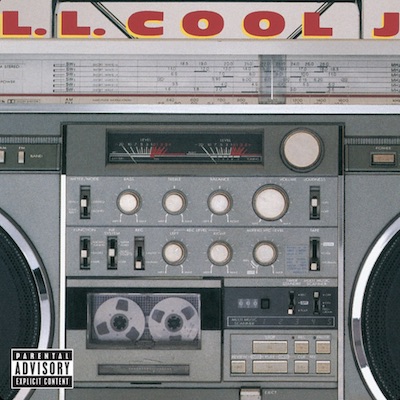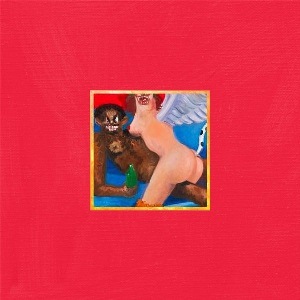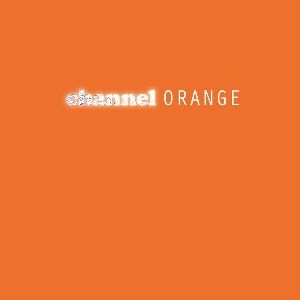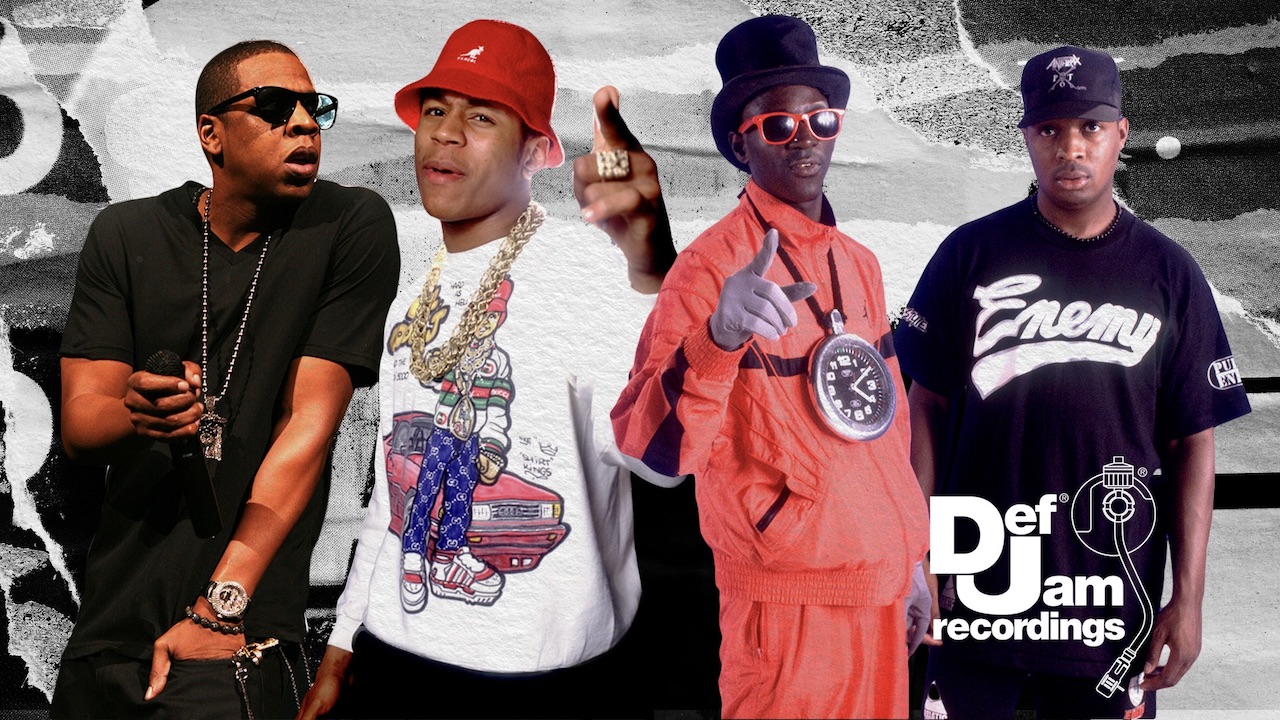Formed in the New York University dormitory room of punk-turned-hip-hop-DJ Rick Rubin in 1984, Def Jam Recordings has grown to become one of the most iconic record labels on the face of the planet. Rubin and his original partner Russell Simmons have been responsible for releasing some of the most important and influential hip-hop and R&B records ever, moving the needle and helping to grow the genre from the underground street movement it was in the early '80s into the cultural behemoth that it is today. Def Jam also signed Slayer and released Reign in Blood, but that record, masterpiece though it is, is an outlier in their discography, and not one of the five essential albums which tell the story of Def Jam’s evolution.

LL Cool J – Radio (1985)

In terms of the first album that would come to define Def Jam, it’s really a straight fight between the commercial smash of Beastie Boys' License to Ill or LL Cool J kicking off hip-hop's golden age with his debut, Radio. We’ve gone for the latter, partially as it got there first and is more representative of the sound of early rap, but also because it’s just a better album.
Opener I Can’t Live Without My Radio, I Need a Beat, You’ll Rock and, particularly, the iconic rock riff and scratch mash-up of Rock The Bells are all essential early rap tunes. LL would go on to achieve bigger commercial success, but if he had stopped at Radio his place in history would already have been assured.
Public Enemy – It Takes A Nation Of Millions To Hold Us Back (1988)

Hip-hop's existence was enough to get middle America concerned when it first started to break in the early '80s, but when Public Enemy arrived, their very existence widespread panic. On their second album Chuck D’s crew created something for the establishment to truly fear; an intelligent, angry, politicised, uncompromising voice for disenfranchised black America, making music that was sonically heavier, more intense and more radical than any band at that time could compete with. It became one of the most lauded albums in hip-hop, but it also transcended the genre, with the likes of Rage Against the Machine, The Prodigy, Nirvana and more later citing it as an influence.
Jay-Z – The Blueprint (2001)

Jay-Z had already made a legitimate classic with his debut album Reasonable Doubt in 1996, but by 2001 the street hustler he was when he made that record was now a superstar, and on The Blueprint, boy, did he let everyone know it. Much of what makes The Blueprint such an impressive listen is the innovative and unique production from the likes of Timbaland, and career launching turns from Kanye West and Just Blaze, the team creating a sound that every rap chancer would try and replicate throughout the 2000s. But Jay remains the MVP here, his braggadocios lyrics, taunting those who ever doubted him, and liquid, effortless flow feel like a victory lap for someone who has made it to the top of the game. And would stay there.
Kanye West – My Beautiful Dark Twisted Fantasy (2010)

He has made some highly offensive, unforgivanble comments and questionable decisions in the modern era, but anyone denying the impact Kanye West has had on hip-hop is either deliberately rewriting history or displaying utter ignorance. There are at least three albums of West’s that could have been included here as game changers for the genre, but arguably the most musically impressive one is 2010’s My Beautiful Dark Twisted Fantasy. After a tumultuous period in his personal life, Kanye’s decision to make such a raw yet complex, sprawling, genre-hopping look at fame, ego, excess, regret and emotional turmoil was incredibly brave. Well over a decade after its release, MBDTF is still being pored over, its depth and complexities so vast that the thirst to unpack and understand it seemingly cannot be quenched.
Frank Ocean – Channel ORANGE (2012)

As a member of infamous hip-hop collective Odd Future, Frank Ocean was no stranger to confusing people, and so when he emerged as a solo artist, signed to Def Jam and released his debut album, it was never going to be anything straightforward. Channel ORANGE is a record that seemingly delights in the number of curveballs that it can throw at you. Ocean’s disdain of being thought of as merely an R&B singer most notably manifests itself in him experimenting with psychedelic rock guitars, techno and broken, ambient soundscapes on the 10-minute Pyramids. But songs such as the classic soul stomp of Super Rich Kids or the church organ swell of Bad Religion show that whatever Ocean turns his hand to, he excels at writing incredible, memorable songs. The rise of thoughtful, expansive modern soul that came in the album's wake is proof of its importance.

